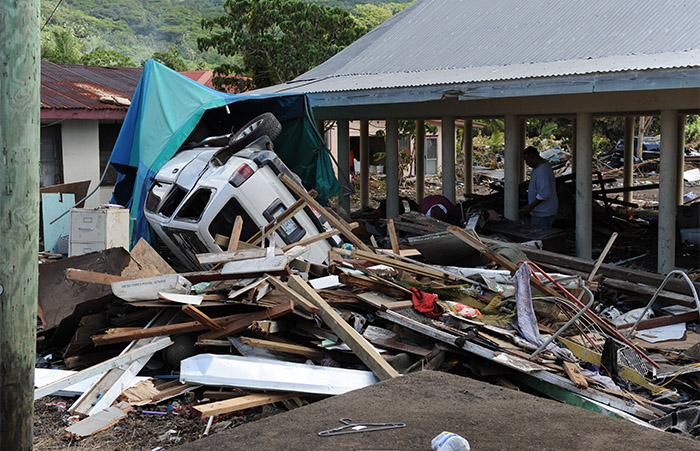For cases involving property damage or loss, the general rule of recovery is that a property
owner can recover the cost of replacement, repair, or restoration of property, unless the damage
is permanent and the restoration cost will exceed the diminution in the fair market value of the
property, in which case the damages are limited to the diminution in fair market value. In other
words, damages to property are generally limited to the restoration cost or the diminution in fair
market value, whichever is less.
The term “fair market value” is defined as “the amount of money which a purchaser willing but
not obliged to buy the property would pay to an owner willing but not obliged to sell it, taking
into consideration all uses to which the property is adapted and might in reason be applied.” 4
In the appraisal and insurance industries, the term “actual cash value” is often used to describe
the pre-loss value of certain property, such as vehicles. Appraisal guides, such as the Kelley Blue
Book can help estimate the actual cash value.
In the personal property context, an owner is entitled to recover not only for repairs but also for
the loss of use of property, so long as the loss is not total and the owner actually opts to repair.
Certain property may possess a special value to the owner that is difficult to quantify in terms of
market value. For example, family heirlooms, photographs, or other irreplaceable items often
have tremendous sentimental value, but little objective market value. When these items are
destroyed, the owner naturally desires compensation above the fair market value. In certain
cases, Florida law will allow recovery above the objective diminution in market value for such
items.
If you have more questions regarding damage to your property and your legal rights, contact a
lawyer from the Law Office of Keller, Keller, Caracuzzo, Cox & Belluccio.
